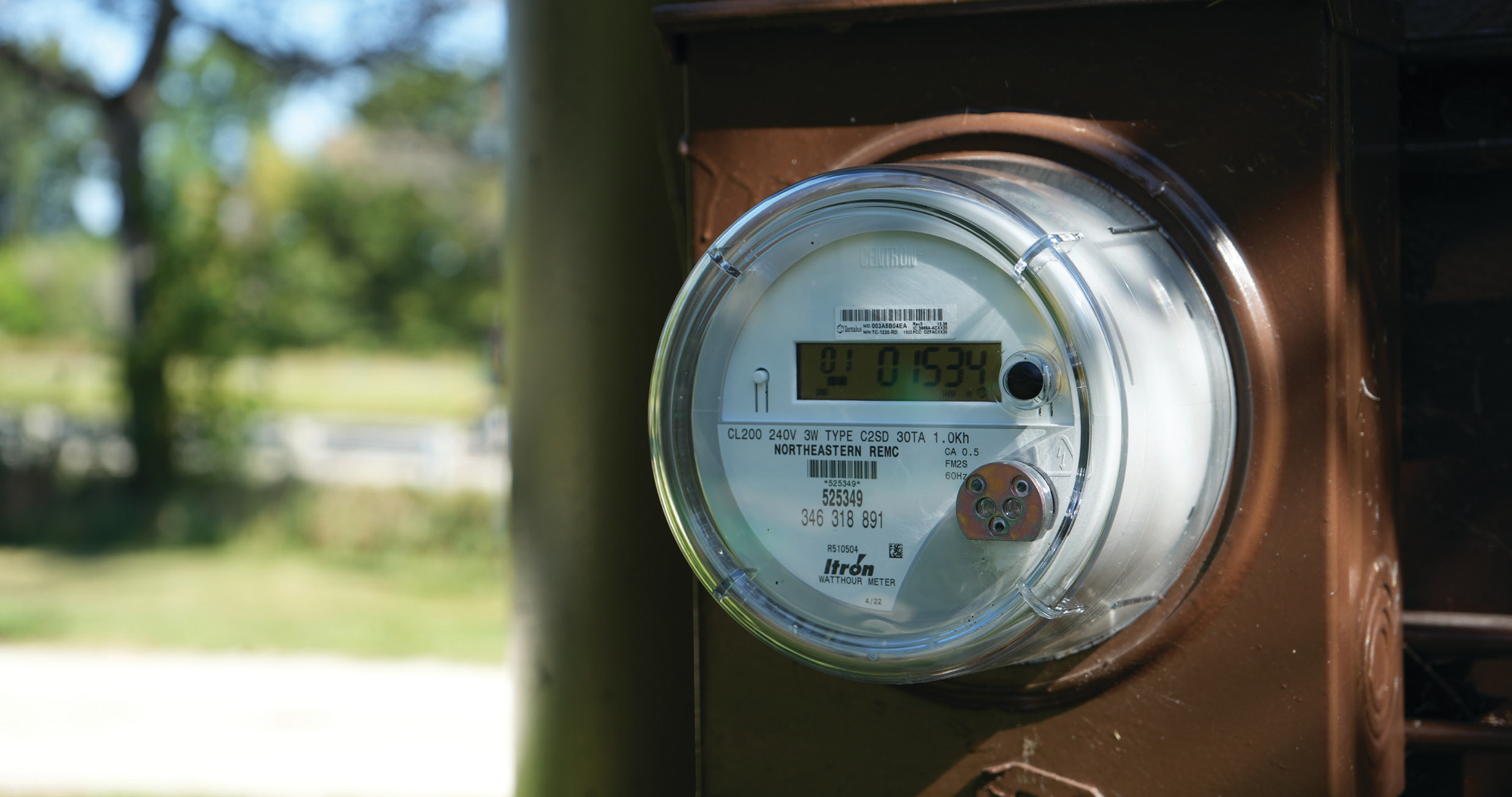
Making ends meet might be hard for many Hoosiers right now. If you find yourself falling behind paying monthly utility bills, contact your electric cooperative for help before you face losing service. Your local electric cooperative has programs that can help consumers keep the lights on.
If your electricity has already been disconnected, never tamper with your meter or try to reconnect power yourself. These acts are extremely dangerous and illegal.
“If you’re unable to pay your bill, please don’t resort to theft,” said Jon Elkins, vice president of safety, training and compliance at Indiana Electric Cooperatives. “Contact them, let them know your situation, and they will work with you as best they can. They have programs that will keep your power on and help you pay down previous bills.”
Co-ops see an uptick in the number of delinquent accounts and cases of meter tampering during economic downturns, especially after the winter moratorium on disconnections of delinquent accounts has passed.
“Tampering is hazardous to the person doing it and to the public after it’s done,” said Elkins, “because all the safety precautions that the co-op put in place are now bypassed. The big hazard with trying to reconnect yourself is an arc flash since the components are close together and right in your face. If you’re standing in water or wet grass, there’s the possibility of electrocution. But what always worries me most is usually we find the tampered meter base left open — so kids could get into it, and any unsuspecting person could be exposed to that hazard.”
Elkins also said tampering can cause the overload protections for the transformer on the utility pole to fail or other problems, as well as potentially causing power outages to neighbors and others along the line.
Like shoplifting, electricity theft is not a victimless crime: all the utility’s consumers ultimately pay for the stolen power through higher rates. Consumers caught meter tampering or stealing electricity, as they usually are, can face hefty penalties. Depending on the amount of electricity involved in the theft and the circumstances, the co-op may take the case to the sheriff’s department and the county prosecutor.
“Because electric co-ops are owned by their consumers, co-ops go the extra mile to help those consumers going through hard times. Disconnections and collection agencies are the last resorts we hope to avoid. And certainly, we never want to see consumers risking their lives or endangering others stealing electricity,” said Elkins. “But we can only help consumers who will let us help them and will work with us.”



